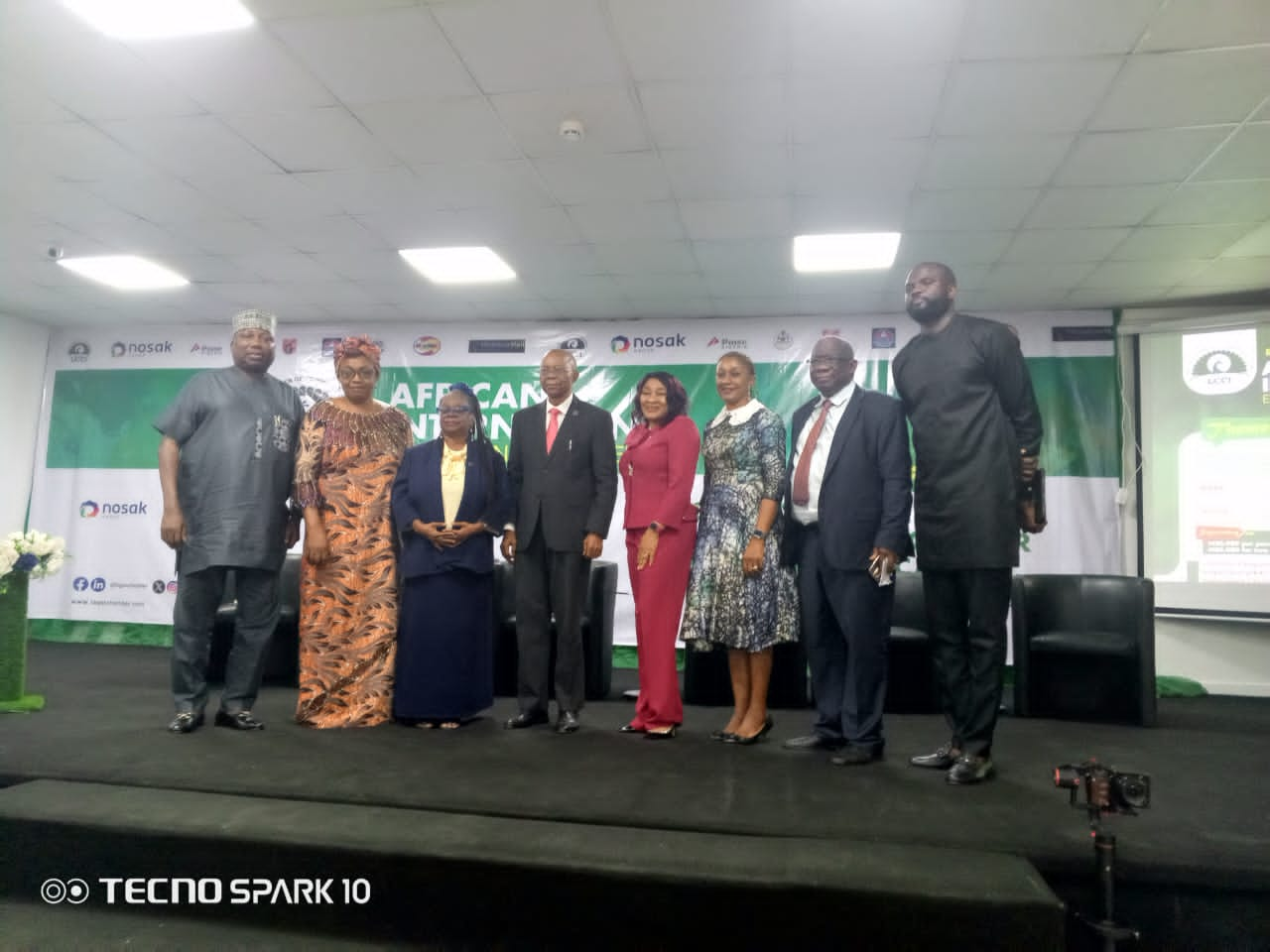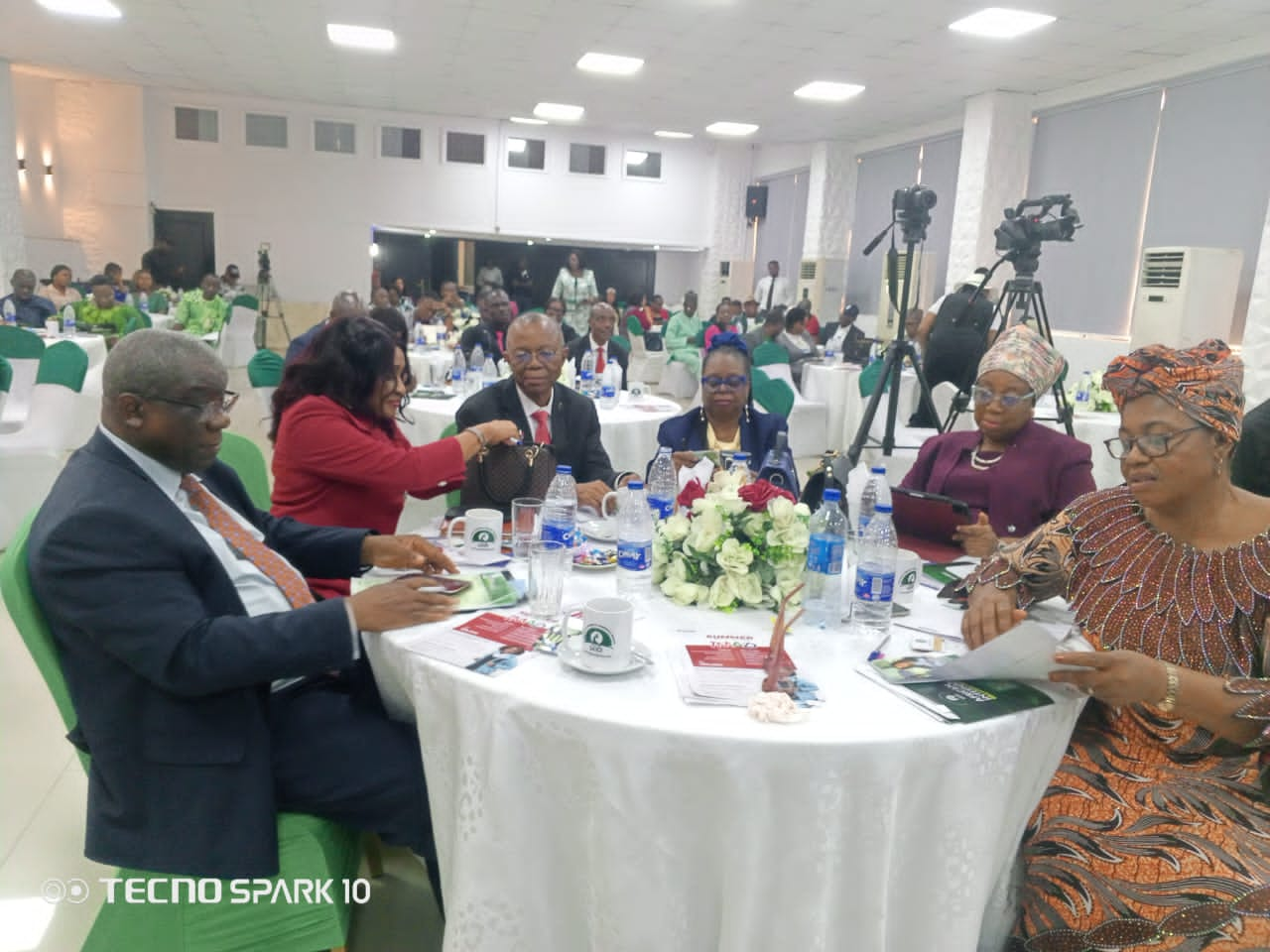The Lagos State Commissioner for Tertiary Education, Mr Tolani Sule has disclosed that the Babajide Sanwo-Olu led administration in the state is committed to implementing recommendations of a committee set up by former Governor of the state, Babatunde Raji Fashola, SAN, in making the education system of the state reflects what the people need and its economy requires, reports thegazellenews.com
Sule spoke at African International Education Conference which took place in Lagos recently. The theme of the Conference was, “Innovation, Inclusion, Collaboration for Sustainable Education”.

“The committee outlines the programmes and courses that are really relevant and needed and will be impactful to both economy and the students. One of the strong areas that was emphasised in the report is the area of the technical education.
“For this reason, as part of the outcome of the committee’s work, the Lagos State Vocational and Technical Education Board was established and more technical colleges were established. We have one at Abule Ado. There is Manpower Development Center at Epe and there are others at Agidingbi and Idimu. There are seven of them right now.
“Because of the importance attached to technical education, we are partnering with some IT companies like Samsung and others that are helping us in training these students.
“Enough fund is deliberately allocated to the operations of these technical colleges. Not only this, the decision to transmute the Lagos State Polytechnic to the Lagos State University of Science & Technology is another way of carrying out the outcome of the education needs of Lagos.
“We have discovered that for us to provide manpower for the companies around and for businesses and the upcoming economy that is expected of Lagos, we need more of people in the technical area. We can see that not many of our children are desiring to have OND and HND.

“To encourage more people to procure education in the area of technical studies, we transmuted the Lagos State Polytech to the University of Science and Technology which is at Ikorodu and as I am speaking to you lot and lot is being done to ensure that all our programmes are fully accredited,” the Commissioner said.
Speaking on the lower admission cut-off marks allowed for College of Education in the state and the likely effects of teachers that would be produced, the Commissioner said the stated government had upgraded Colleges of Education to University of Educations.
“The reason for this is that we have discovered that candidates are longer interested in obtaining NCE Certificate and even the HND and this could be as a result of the preferential treatment and payment and the societal values attached to these certificates.
“At the moment, all our universities in Lagos, the minimum admission cut off is 195 and we usually look at the total average students’ performance in JAMB to determine the cut off mark. It could be 190 this year and next year it could be 200 or more than that and so the following year, depending on the general performances by the applicants
“So, we are not lowering the cut-off into education programmes. It is just a matter of what scores did the general students that wrote the JAMB scored. We can’t go outside that. We cannot bring up the standard that it’s not there from the children. It is the children that we have we are going to admit,” he said.
Also speaking at the event, Mrs Mavi Sokia Isibor, Executive Vice Chairman, Poise Nigeria and Chairman, LCCI Education Group demanded for collaborative efforts among stakeholders in the education sector as a crucial step to drive positive changes in the sector.
“By working together towards shared goals, sharing best practices, and pooling resources, we can amplify our impact and implement sustainable solutions that benefit all Nigerians.
“Public-private partnerships, joint research initiatives, and community engagement programs can enhance the quality of education, expand access to learning opportunities, and build a more resilient and inclusive education system for the future.
“Collaborative partnerships with external organizations provide students with mentorship opportunities and real-world connections, bridging the gap between education and the workforce. By involving a broader community, collaboration fosters an ecosystem that supports the growth and development of students.
“Collaborative learning promotes critical thinking and analytical skills, as students learn to evaluate ideas, challenge assumptions, and develop their own insights.Furthermore, collaborative learning nurtures social and emotional skills, such as empathy, effective communication, and resilience, which are essential for success in both academic and personal pursuits.
“Additionally, collaboration fosters an inclusive classroom culture that promotes respect, active listening, and constructive feedback, ensuring that every student feels valued and heard.Education systems are complex. Getting all children in school and learning requires alignment across families, educators and decision makers. It requires shared goals, and national policies that put learning at the centre. It also requires data collection and regular monitoring to help policymakers identify what’s working, who’s benefiting, and who’s being left behind.In conclusion, there is a need to prioritize innovation, inclusion, and collaboration as key pillars of our education policy and strategy,” she said.
Others who spoke at the event were: Dr Olumide Adekola, Senior Education Specialist, World Bank Country Office; Prof Ishaq Oloyede, JAMB Registrar, who was represented by an official of the Board; Mr Chikodi Onyemerela, Director of Programs, British Council Nigeria represented by Mr Daniel Ememalo; and Dr Olatunde Ademola, Senior Education Specialist, World Bank


